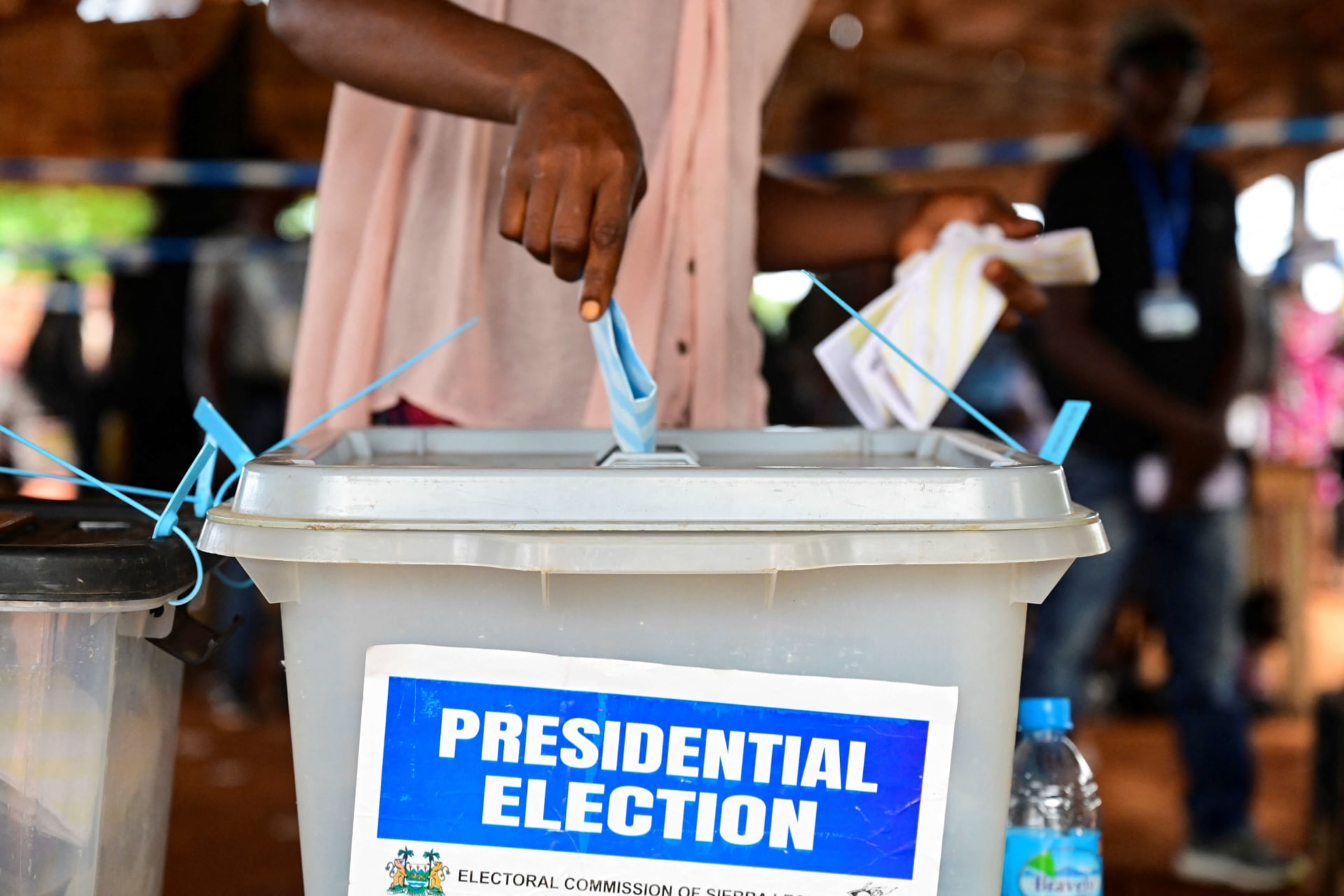Democracy in Name Only for Africa
Three decades after the fight for multiparty democracy in Africa, many on the continent still face sham elections, restrictions of rights, and few improvements.

By experts and staff
- Published
Experts
![]() By Michelle GavinRalph Bunche Senior Fellow for Africa Policy Studies
By Michelle GavinRalph Bunche Senior Fellow for Africa Policy Studies
Democracy is in trouble in Africa. It’s not just the latest coup d‘état in Niger, completing the belt of military governments stretching across the continent. It’s also an overall sense of dissatisfaction and disillusionment, and a fundamental problem of governance quality. The latest Afrobarometer data from across the region indicates that only 38 percent of respondents are satisfied with the way democracy works in their countries. Freedom House’s latest findings [PDF] indicate that half of Africans live in countries considered “not free,” and another 43 percent live in countries that are rated only “partly free.”
The problems for champions of democracy run deep. The very meaning of the term has been called into question for too many populations who have experienced plenty of elections, but little in the way of real political choice or accountability. This month alone, Gabon and Zimbabwe are likely to provide new fodder for democracy cynics. In Gabon, citizens will go to the polls in a process almost certain to provide another mandate for the Bongo dynasty, which has remained in control of the country for over half a century. A compressed electoral timetable and move to single-round voting, combined with a long history of dividing and co-opting the opposition, leaves little room for doubt about the outcome. In Zimbabwe, the electoral commission’s shenanigans and heavy-handed treatment of opposition candidates and supporters do not inspire confidence in the process to come. From faux-civil society organizations intimidating communities to ensure the ruling party retains power “in perpetuity” to cases before the deeply compromised judiciary aimed at undercutting challenges to the status quo, the pre-election climate is ludicrously unbalanced. When these are the “democratic” exercises underway, it’s unsurprising that many people are eager to explore alternatives.
It gets even worse. Polling shows softening opposition to military rule across the region, and in the wake of Niger’s coup, a disturbing trend among some intellectuals and on social media in the region is conflating democratic governance with a pro-Western or even neocolonial agenda. It’s hard to argue that having laws that apply to everyone equally, protecting freedom of expression, and insisting that leaders be accountable to citizens are methods by which the West exploits Africa, rather than mechanisms for asserting political agency. But when democracy is understood as a label applied to governments that simply stage elections, or a fig leaf that conceals corruption and repression, it is easy to devalue, and now to equate with mindless fealty to one geopolitical “team.”
The many African activists across the continent who made sacrifices to demand the opening of their political systems and the introduction of multiparty democracy decades ago were not fighting for Western influence or cynical theatrics. They were fighting for political freedom and for leaders responsive to the demands of citizens. It’s a terrible irony that some now imagine that freedom will result from the goodwill of self-appointed, and self-interested, saviors who seize power with force. It’s also a damning indictment of just how ineffective and inconsistent external actors have been in supporting genuine democratic governance that can deliver meaningful quality of life improvements.
Alexandra Dent contributed to the research of this article.
